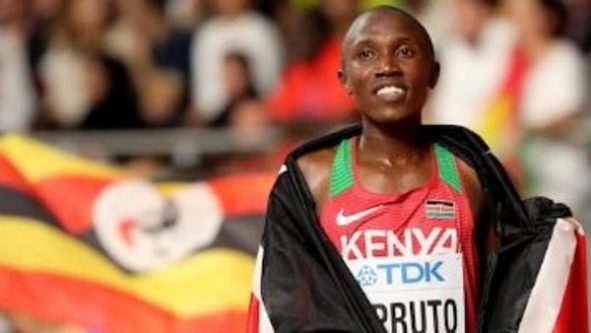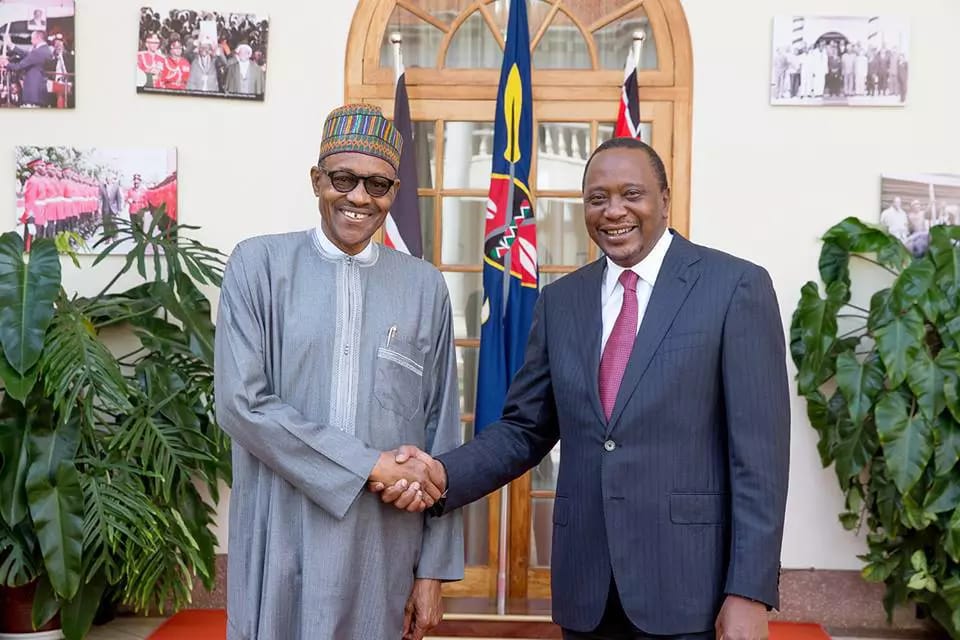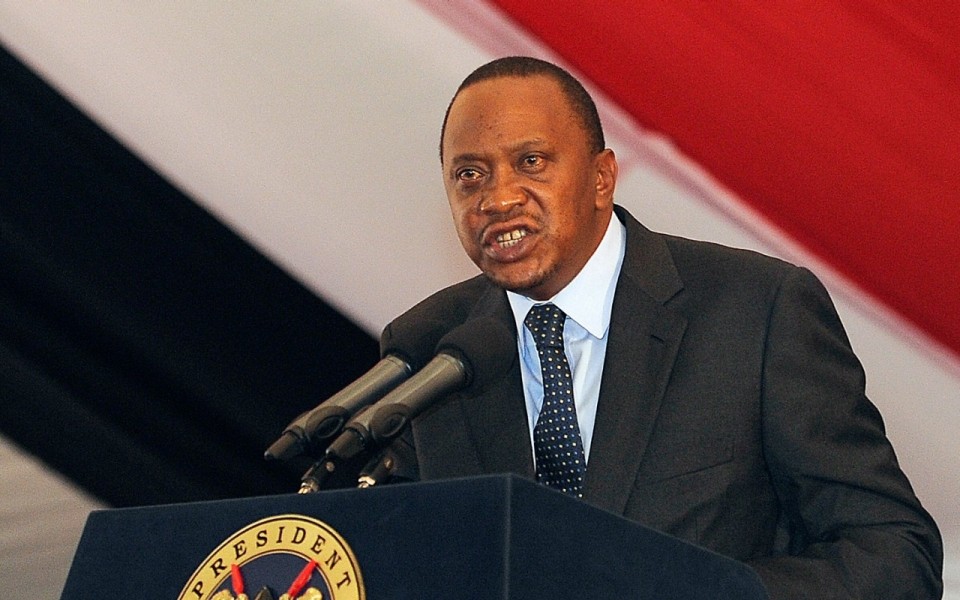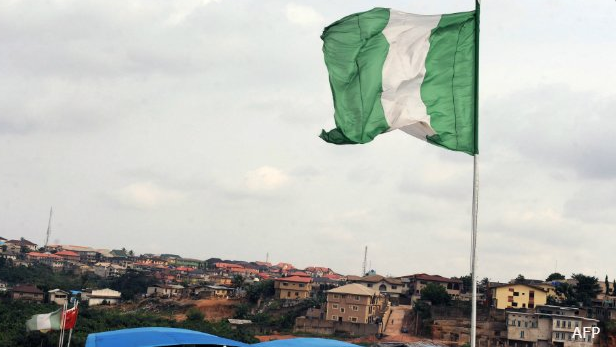The United States’ Federal Bureau of Investigation (FBI) on Tuesday said it had completed a four-month investigation in nine countries, including Nigeria, over the loss of over $1.2 billion by Americans to cyber criminals.
In Nigeria, the FBI said it carried out its investigation in collaboration with the Economic and Financial Crimes Commission (EFCC).
The anti-graft agency also announced that it recovered $169,850, N92 million and four exotic cars, among others, from 167 suspected ‘Yahoo Boys’ in a separate 30-day joint operation with the American security agency.
The operation, tagged: Operation Re-wired was initiated following last month’s indictment of 77 Nigerians for alleged cybercrime in the U.S.
Both agencies spoke at a joint media briefing in Lagos.
EFCC Operations Director Mohammed Umar Abba said the EFCC/FBI joint operations in Nigeria began on August 12 and recorded “tremendous successes” that led to arrests, seizures and recoveries.
Abba said: “It is instructive to note that from August 12 till date, the collaborative Operation Rewired coordinated by the EFCC in Nigeria …resulted in the arrest 167 Nigerians for alleged computer-related fraud.
“We have also recovered from the arrested fraudsters the sum of $169,850 as well as N92 million.
“Also, four exotic cars, plots of land in choice areas in Lagos and a property in Abuja were recovered during the EFCC-FBI collaborative operations.”
The EFCC director noted that internet crimes have received a global attention and concern.
He added: “There will be no hiding place for fraudsters. The EFCC will continue to partner the FBI and other international law enforcement agencies.”
Abba explained that investigation on some of the 77 indicted Nigerians was at an advanced stage.
FBI’s Legal Attaché at the United States Embassy, Mr Uche Ahamdi, explained how the $1.2 billion fraud occurred.
He said: “In 2018, the IC3 (Internet Crime Complaint Centre), that’s our global reporting internet fraud body, received 20,373 BEC (Business Email Compromise) complaints with losses of over $1.2 billion.”
He noted that the FBI and its law enforcement partners in the US and abroad then implemented strategies to target and disrupt the scammers and their illicit actors.
“The sweep ran from May 2019 to September 2019 with an uptake of focused law enforcement activity during a four-week period in the U.S, Nigeria, Ghana, Turkey, France, Italy, UK, Kenya and Malaysia.
“The FBI-led operation involved in multiple U.S law enforcement partners, including the Internal Revenue Services (IRS), the U.S Secret Service, the U.S Postal Inspection Services, U.S Department of State Diplomatic Services and Homeland Security Investigation (HIS),” Ahamdi said.
The goal of the operation, he added, was to “dismantle international fraudulent BEC transactions and pursue bad actors and organised criminal enterprises including money, mules that engage in BEC and fraud schemes that target and harm American businesses”.
Ahamdi explained that the operation was largely successful with criminals being apprehended. But he declined to state the nationalities of the suspects.
He said: “Wrong is wrong, even if everybody is doing it. It doesn’t matter who it is, whether it’s Nigerian, Moroccan, South African, Russian, American, a criminal is a criminal. So, we don’t categorise. We sweep them all up with the help of our international partners.
“We have a plethora of nationalities who we look at; we don’t single out specific individuals or people or countries. If you break the law, you do the time. We do not categorise, we go after everybody.”
Ahamdi said whether a suspected cybercriminal arrested in Nigeria would be extradited to face trial in the U.S or not would depend on the circumstances of the case.
On August 22, a 252-count federal grand jury indicted 77 Nigerian nationals of participation in a massive conspiracy to steal millions of dollars through a variety of fraud schemes and launder the funds through a Los Angeles-based money laundering network.
The indictment was unsealed after law enforcement authorities, led by the FBI, arrested 14 defendants across the United States, with 11 of those arrests taking place in the Los Angeles region.








